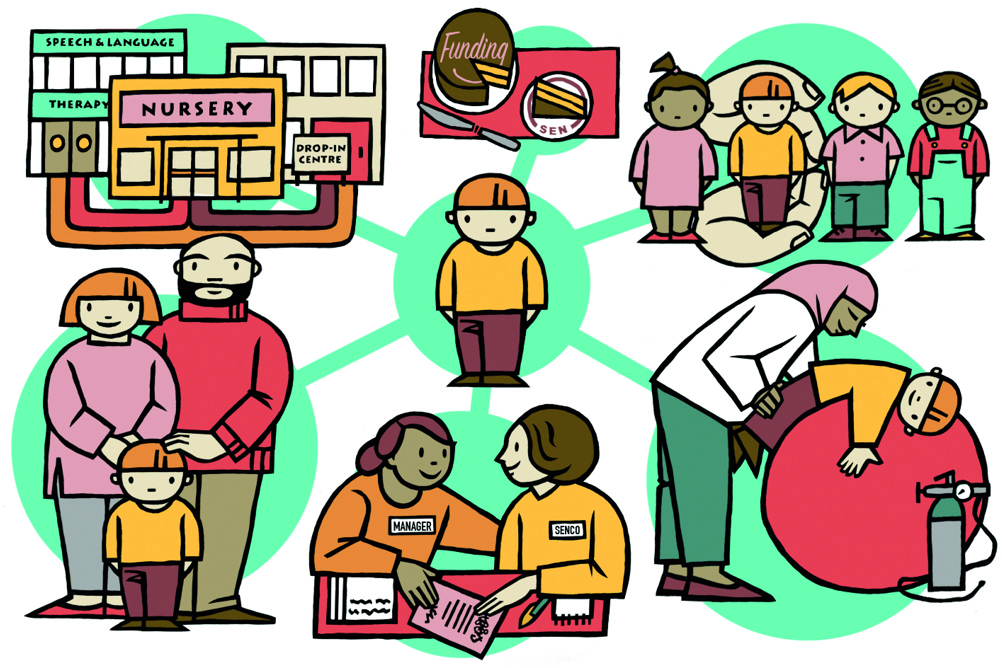
See the full series on managing SEND
Well-trained and experienced SENCOs are a precious resource. According to the SEND Code, providers should be able to expect support from their local authority area SENCOs, backed up by online information as part of the ‘local offer’. But with fewer LA area SENCOs working on the ground than there were five years ago, and with many of these under pressure, it is hardly surprising that nurseries can feel out on a limb.
At Kiddi Caru in Plympton, manager Tracey Callan says LA training and support needs to be prioritised as much as funding. She says, ‘Where we achieve funding for one-to-one support for a child, we are then faced with the problem of how we access it. Where the funding only covers limited sessions each week, it is very difficult to find the right people to come in for those periods. Often we have to pull our own qualified staff out of ratio to provide the care.’
Register now to continue reading
Thank you for visiting Nursery World and making use of our archive of more than 35,000 expert features, subject guides, case studies and policy updates. Why not register today and enjoy the following great benefits:
What's included
-
Free access to 4 subscriber-only articles per month
-
Unlimited access to news and opinion
-
Email newsletter providing activity ideas, best practice and breaking news
Already have an account? Sign in here
